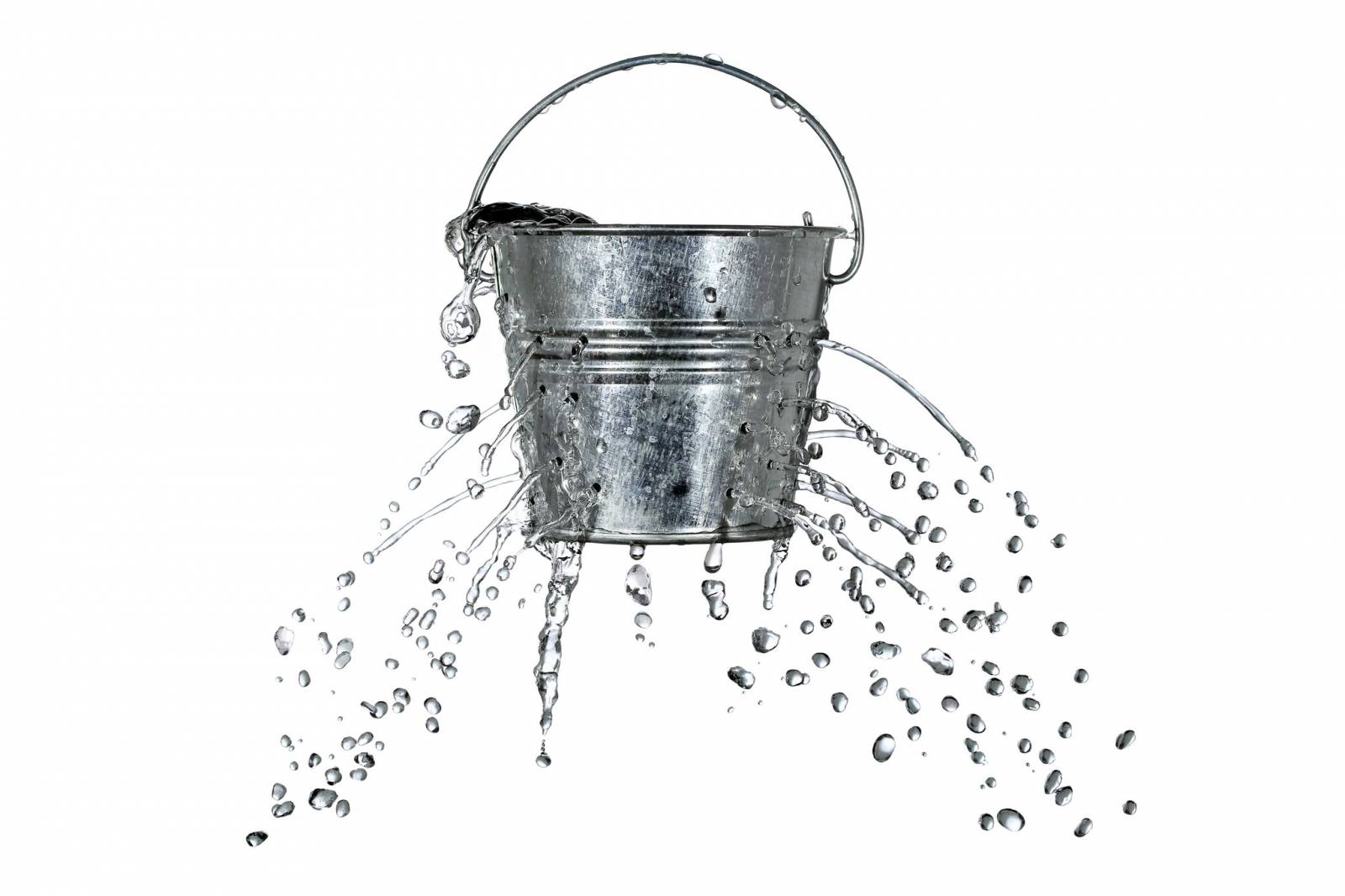Has impact been emptied of its powerful meaning?

From not meaning much a few years ago, “impact” seems to have become a buzzword today, so much so that we can now hear some tired voices complaining about how empty it sounds, and how little it means.
But, as a professional working in the social field for about 20 years now, I can remember how meaningful this word sounded to me when it was first circulating, so many years ago. It seemed so clear to me that it wasn’t possible to engage in any kind of work without understanding if one’s actions were making a difference, and if so, whether that difference was positive or negative – or (most probably) a bit of both. Such a common sense statement! But a statement that, to be applied at organisational level, required a complete cultural shift and a lot of courage: facing the real effects of our actions – be they positive or negative – and being able to bear the consequences of this information on one’s projects and organisation.
This is probably why everyone stuck to the easiest part and found it quite comfortable only to report outputs, or the results of one’s activities. Impact measurement was frequently associated with randomised control trials and confined to large, expensive social or environmental projects implemented by equally large organisations (the likes of the World Bank). But the last couple of decades have seen a “democratisation”, so to speak, of the practice of impact evaluation, accompanied by a surge of new methods and tools to support these. Today, there seems to be an “urgency” for impact measurement, an urgency that sounds like a rush towards justification, an anxiety for validation. It sounds like organisations are wondering, “How can we prove that we are actually creating the social value that we have been marketing all these years?”.
The word “impact” sounds empty because the question that these organisations seek to address is not the right one: the original aim of understanding impact has been replaced by a quest for demonstrating positive impact. That this has happened is down to many reasons, the main one being the need to please and somehow “reward” our main stakeholders.
And of course, in the societal field as in many other fields, if we look for positive impact, there is a high chance that we will find some. If we look at all existing impact evaluation studies, we would not find many claiming an irrelevant, small, nonexistent or even negative, impact on society and environment…
Transforming “impact” into a marketing tool is understandable but also dangerous… slowly leading to an increasing mistrust of the concept itself
And this is why ”impact” has sadly ended up in the large bowl of empty promises and meaningless words. Transforming the reflection around “impact” into a marketing tool is understandable but also dangerous, as it is slowly leading to an increasing mistrust of the concept itself. Impact assessment is – or should be if well applied – a tool that can be used honestly and regularly to reflect on our actions so as to grow, improve and optimise the positive changes that these actions seek to generate in society. It is, in a sense, getting back to the basics: using impact assessment as a guiding tool for management decisions.
Our aim at Stone Soup is to support organisations in developing very concrete ideas to step up their path towards “impact management”, enhancing as a result their own positive effect on society or the planet. Key to this is the opportunity to learn from each other, to exchange best practices, failures, lessons learnt and concrete tips to integrate impact into day-to-day management.
In order to be honest about our impact, we need to be able to use impact analysis as a strategic guide and not as a marketing tool. Impact data is useful to guide the impact investor’s decisions throughout their investment cycle, from screening to exit, and to guide the social organisation’s reflections on how to achieve the most impact with their available resources.
Let’s give impact its true meaning back!
Stone Soup Consulting and TIIME, together with many thought leaders on impact – Social Value International, EVPA, the European Investment Fund, and others – are organising a major event focusing on these issues in September in Barcelona. The two-day event, from 27-28 September, will offer participative sessions focused on the “how-to” around developing strong, impact-based, organisations. The training day on 27 September for both beginners and advanced professionals, designed by Social Value International with the support of Stone Soup, ESADE and EVPA. For more information click through on 3S: Manage for Impact
Sophie Robin is founding partner at Stone Soup Consulting

